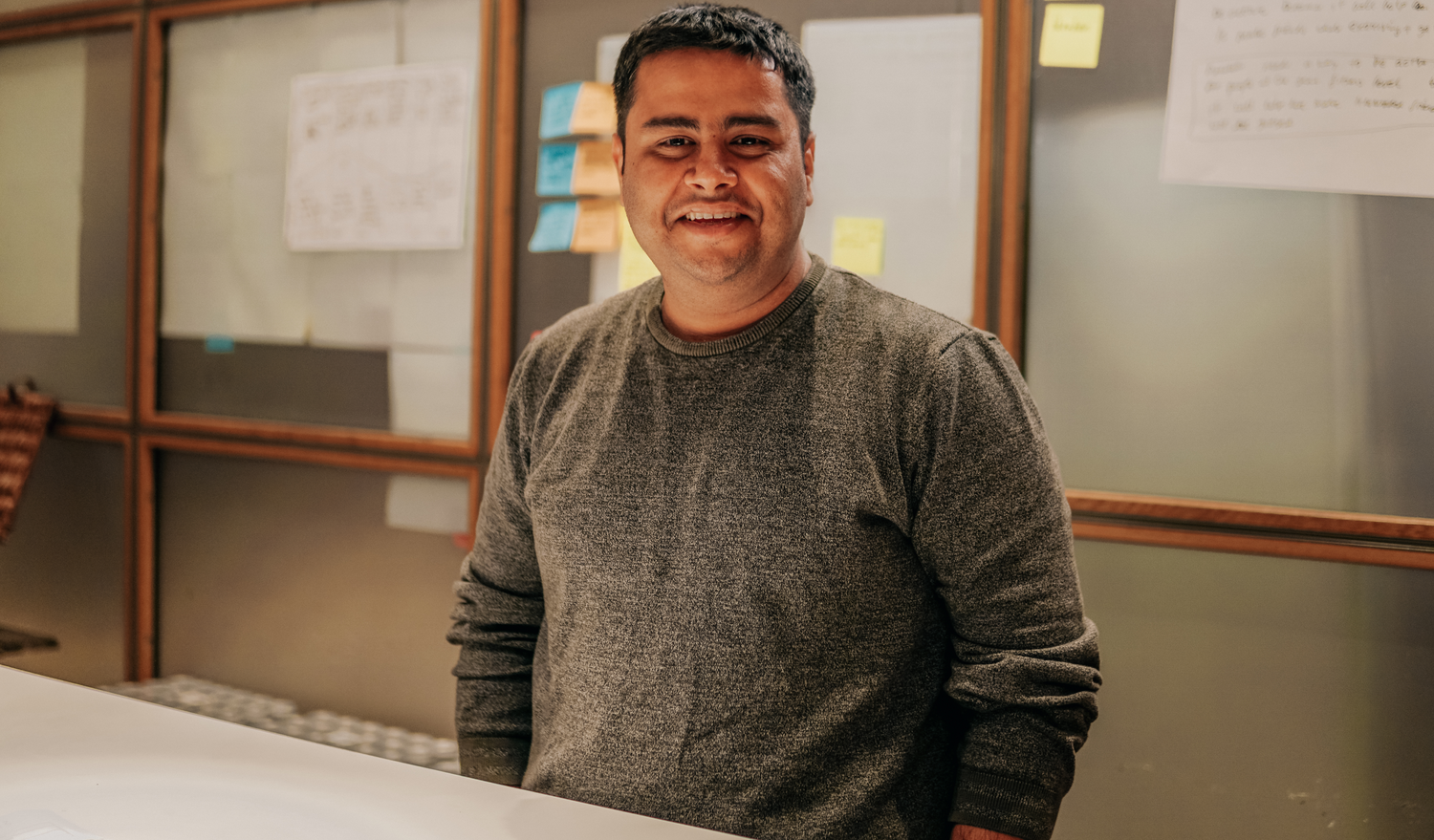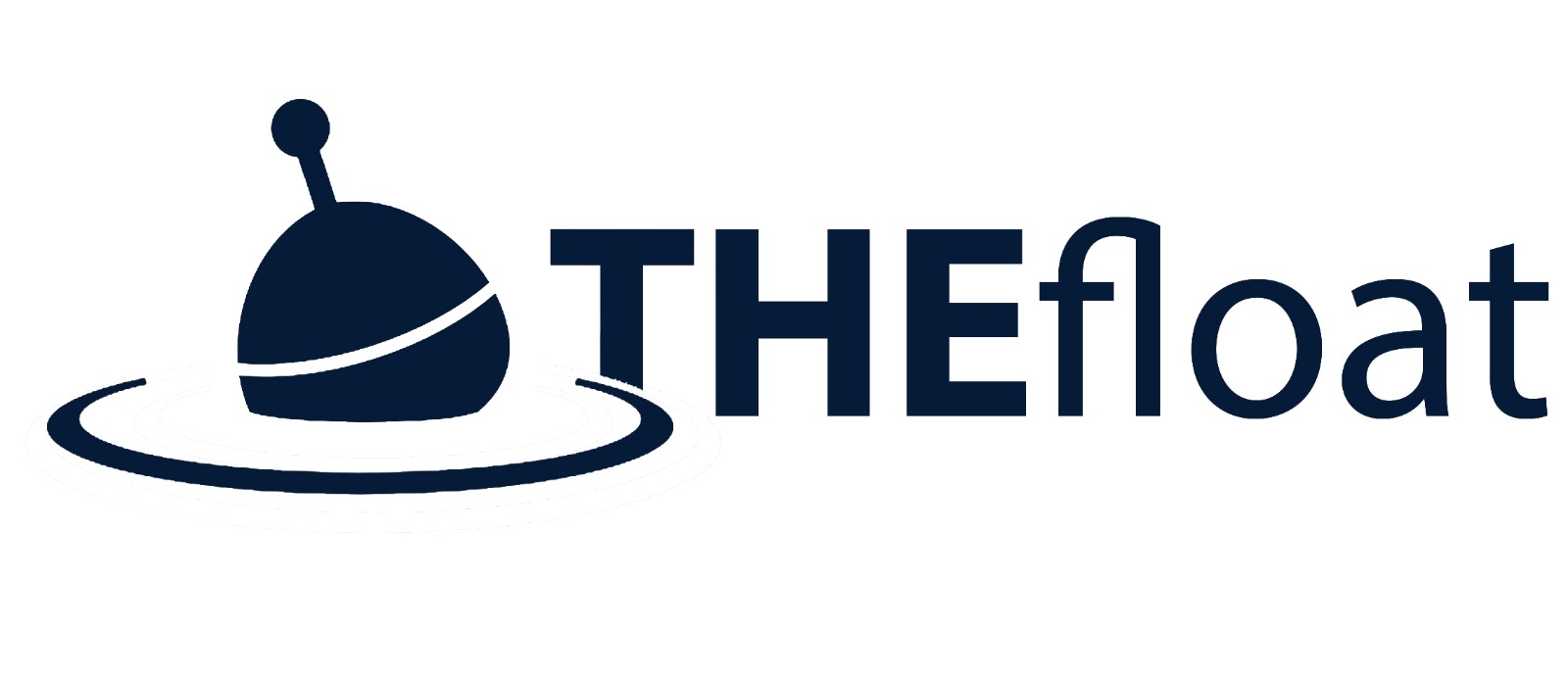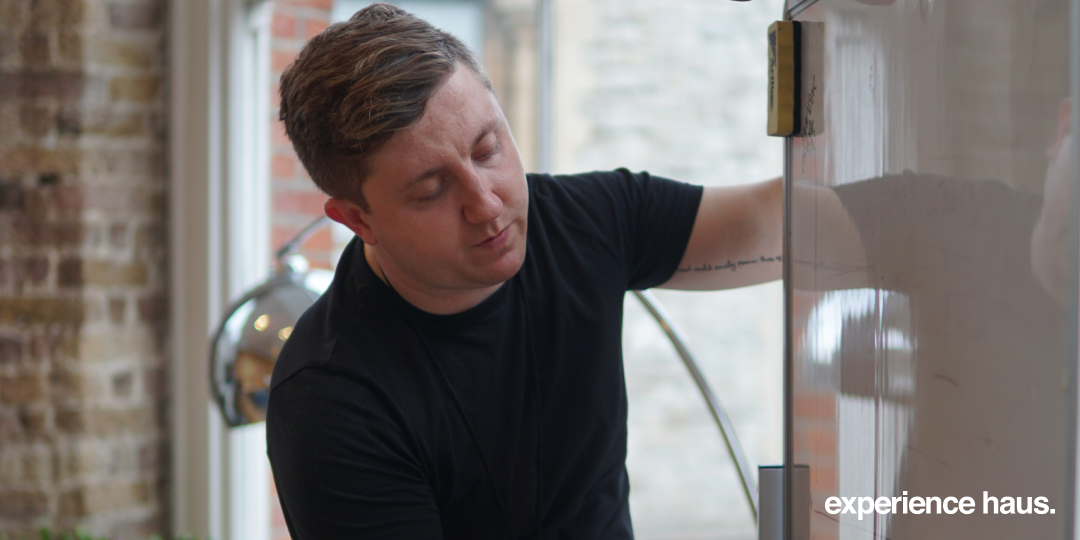It has been argued that the value proposition is the determinant between business success and failure. Nothing could be further from the truth. Your value proposition bears the promise you give to your customer assuring them that your product or service will deliver value to them. In its simplest form, the value proposition describes the benefits your customers will get by using your products or service. It also explains what kind of a customer you are targeting, and finally why a customer should choose you from a pool of others.
It is so sad many businesses don’t get it right from the beginning or they just decide to bury their value proposition in buzzwords or meaningless slogans. In fact, many businesses don’t even bother giving it even more attention on their sites and in their marketing campaigns. A good number don’t even know what it is all about.
It always doesn’t matter your area of specialization, whether you are a techie startup seeking licenses for innovation or just a mere entrepreneur, developing an effective technology overview and its value proposition is more than a necessity. Simply put, your value proposition is supposed to describe your target buyer, more importantly, the problem the product or service will solve, and why your prospect should choose your products or services rather than the alternatives.
Your value proposition must have the following components:
1. Target market. These are your customers
2. How your product or service will solve their problem.
3. Why you are best suited for the job
In its ideal form, your value proposition is all about the customer. How the customer will benefit from your product or service. In essence, you are trying to explain yourself to your customer in a manner that brings out the best to them. That’s why it has been coined to answer the question; “what do you do?”
Here are some of the importance of creating a clear, compelling value proposition for your brand.
Your prospects will easily understand what you offer. It is a fact that customers already know what they are looking for whenever they are searching for something online. Therefore, your value proposition should immediately let them know that you can meet their needs. If it can’t achieve this, then you risk losing your customer to your competitor.
Sets you apart from your competitors. It’s almost a guarantee that whatever field you are in you must have competitors. A good value proposition sets you apart from them from the start. It tells your customers why they should choose you rather than them.
The best strategy for wooing the right prospects. Having a good value proposition increases your chances of getting the best prospects for your business who are likely to convert into customers. Because of a good value proposition which is developed ideally for your ideal customers and explains why your customers should choose you.
Offers your customers a better understanding of your products or services. The best value proposition should tell your customer the value of your product or service and what benefit they will get from purchasing it. It should also explain why your product or service is their best option.
Clarity in messaging. Needless to say, your value proposition is a clear and concise statement that should make it clear immediately to your customers what you offer. The most effective way to communicate your message clearly is placing your value proposition in all your main entry pages like home page, product page, and category pages.
In conclusion, the value proposition statement should be concise, easy-to-understand that customers will easily remember. If you do this right, you will not only win customers but also gain their loyalty which will definitely boost your sales.






